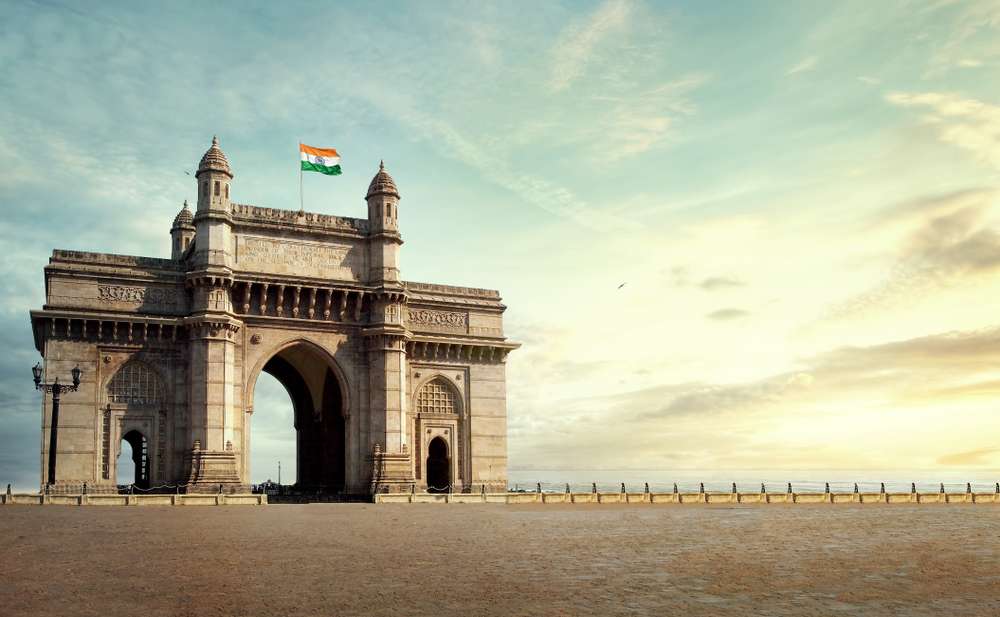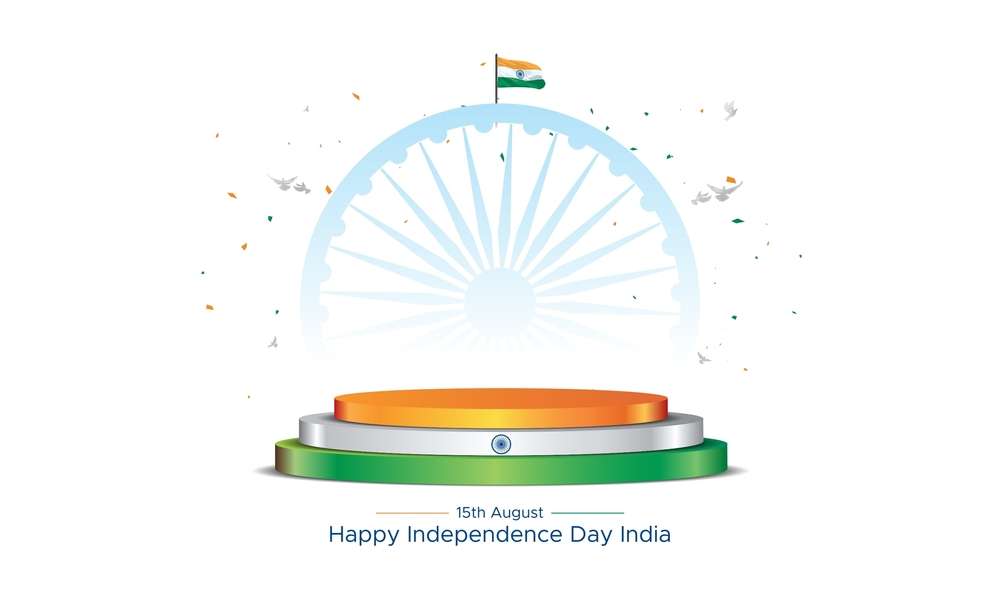India’s reputation as a leading destination for medical tourism continues to grow, attracting patients from around the world seeking high-quality healthcare services, advanced medical treatments, and cost-effective solutions. With state-of-the-art hospitals, skilled medical professionals, and a wide range of specialized treatments, India offers a compelling option for individuals seeking medical care beyond their home countries. This article explores the significance of medical visas for international patients, the process of obtaining a medical visa for India, and the diverse healthcare options available in the country.
Understanding Medical Visas
A medical visa is a specialized category of visa designed for individuals traveling to India for medical treatment, medical consultations, or medical procedures. The medical visa allows patients to seek healthcare services from recognized hospitals, clinics, and healthcare providers across India for an extended period, facilitating access to specialized treatments and expertise not available in their home countries.
INDIAN VISA FOR FRENCH CITIZENS
Types of Medical Visas
India offers various types of medical visas to cater to the diverse needs of international patients:
- Medical Visa: The traditional medical visa is suitable for individuals seeking medical treatment or undergoing medical procedures in India. The medical visa allows for extended stays and multiple entries, providing flexibility for patients and their accompanying caregivers.
- Medical Attendant Visa: Accompanying caregivers or family members of patients traveling to India for medical treatment may apply for a medical attendant visa, which allows them to assist the patient during their stay in India.
- Medical Escort Visa: In cases where patients require medical escort or assistance during travel, medical escorts accompanying patients to India can apply for a medical escort visa, facilitating their entry and transit in India.
Eligibility Criteria and Application Process
To obtain a medical visa for India, patients and accompanying caregivers must meet certain eligibility criteria and follow the application process:
- Medical Report: Provide a medical certificate or diagnosis from a recognized healthcare provider outlining the medical condition, recommended treatment, and expected duration of stay in India.
- Letter of Invitation: Obtain an invitation letter or medical recommendation from a recognized hospital, clinic, or healthcare provider in India confirming the need for medical treatment and detailing the proposed treatment plan.
- Passport and Photographs: Submit a valid passport with a minimum validity of six months beyond the intended stay in India, along with recent passport-sized photographs.
- Visa Application: Complete the online visa application form accurately, providing all required information, including personal details, medical history, and travel itinerary.
- Fee Payment: Pay the applicable visa fee through the designated payment gateway using a credit or debit card. The visa fee varies depending on the visa type, nationality, and duration of stay.
- Processing Time: Allow sufficient time for visa processing, which typically ranges from a few days to a few weeks, depending on the visa type and workload at the processing center. You can track the status of your visa application online using the provided reference number.
- Visa Approval: Upon approval, you’ll receive your medical visa via email or download it from the online portal. Print a copy of the visa and carry it with you during travel, along with your passport and other essential documents.
Advantages of Seeking Medical Treatment in India
India’s healthcare sector offers several advantages for international patients seeking medical treatment:
- Quality Healthcare: India boasts world-class hospitals, medical facilities, and healthcare professionals renowned for their expertise in various medical specialties, including cardiology, oncology, orthopedics, and neurosurgery.
- Advanced Treatments: Patients have access to advanced medical treatments, cutting-edge technologies, and innovative procedures not available in their home countries, often at a fraction of the cost.
- Cost-Effectiveness: Medical treatments and procedures in India are significantly more affordable compared to many Western countries, making it an attractive option for patients seeking cost-effective healthcare solutions.
- Minimal Waiting Times: With a large pool of healthcare providers and efficient scheduling systems, patients can benefit from shorter waiting times for consultations, diagnostic tests, and surgical procedures.
- Holistic Healing: India’s holistic approach to healthcare integrates traditional healing practices such as Ayurveda, yoga, and naturopathy with modern medical interventions, offering patients a comprehensive approach to wellness and recovery.
Specialized Medical Treatments and Procedures
India offers a wide range of specialized medical treatments and procedures across various medical disciplines, including:
- Cardiac Surgery: Renowned cardiac hospitals in India specialize in complex cardiac surgeries, including bypass surgery, angioplasty, valve replacement, and heart transplant.
- Oncology: Leading cancer centers in India offer comprehensive cancer care services, including chemotherapy, radiation therapy, immunotherapy, and robotic-assisted surgery for various types of cancer.
- Orthopedics: Orthopedic hospitals in India excel in joint replacement surgeries, spinal surgeries, sports medicine, and trauma care, providing relief for patients suffering from orthopedic conditions and injuries.
- Neurology and Neurosurgery: Specialized neurology hospitals offer advanced treatments for neurological disorders, brain tumors, stroke, epilepsy, and movement disorders, with expertise in minimally invasive techniques and robotic surgery.
- Fertility Treatment: India’s fertility clinics provide state-of-the-art assisted reproductive technologies, including in vitro fertilization (IVF), intracytoplasmic sperm injection (ICSI), and egg donation, helping couples achieve their dream of parenthood.
INDIAN VISA FOR GERMAN CITIZENS
Post-Treatment Recovery and Rehabilitation
After undergoing medical treatment in India, patients may require post-treatment recovery and rehabilitation services to aid in their recovery process:
- Rehabilitation Centers: Specialized rehabilitation centers and physiotherapy clinics offer personalized rehabilitation programs tailored to the patient’s needs, focusing on physical therapy, occupational therapy, and speech therapy.
- Wellness Retreats: Patients seeking holistic healing and wellness may opt for wellness retreats and Ayurvedic resorts, where they can rejuvenate their mind, body, and spirit through Ayurvedic treatments, yoga, meditation, and healthy cuisine.
- Follow-Up Care: Establishing ongoing communication with the treating physician or healthcare provider in India allows patients to receive remote follow-up care, medical consultations, and monitoring of their health status post-treatment.
Conclusion
Obtaining a medical visa for India opens the door to world-class healthcare services, advanced medical treatments, and transformative healing experiences in one of the world’s leading medical tourism destinations. Whether you’re seeking specialized medical care, cost-effective treatments, or holistic healing approaches, India offers a wealth of options to meet your healthcare needs and wellness goals. By understanding the process of obtaining a medical visa, exploring specialized treatments and procedures, and embracing the cultural and travel experiences that India has to offer, patients can embark on a journey of healing, rejuvenation, and discovery in the land of ancient wisdom and modern medicine.



